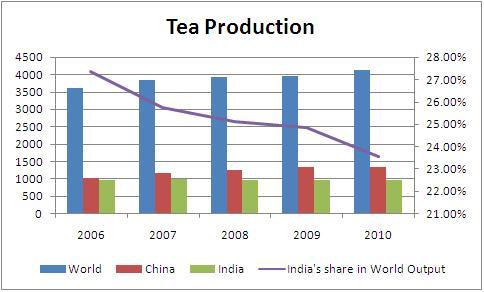
The minimum wage, and the difference between earning a minimum versus a living wage, has moved to the forefront of the civic mind and politics in the U.S. recently. With income and wealth disparities at historically wide levels, President Barack Obama continues his campaign to raise the federal minimum wage. Seattle's city government recently voted to raise the municipal minimum wage to $15, while fast food workers and public interest groups have been putting pressure on some of America's -- and the world's -- largest employers, such as McDonald's and Walmart, to follow suit.
A fair, living wage is considered a fundamental human right by the U.N. While this issue has only really come to the fore in the U.S. over the course of the past decade, it has long been an issue in developing countries. For developing and less developed countries, cheap access to natural resources has been touted as a keystone of economic development, while for industrially developed nations it has been a linchpin of economic growth and globalization.
Tea estate workers offer a case in point. Though it is the most popular drink in the world, other than water, tea is typically grown in poor countries. And while those countries have set minimum wages for tea estate workers, those often aren't even high enough to be considered a living wage. A coalition of organizations led by Oxfam and the Ethical Tea Partnership is out to change that.
The strategic campaign to bring living wages to tea workers
With the support of Unilever, sustainable trade initiative IDH, and certification organizations Fairtrade International, Rainforest Alliance and Utz Certified, Oxfam and ETP in 2011 undertook an in-depth analysis of the wages and benefits being paid to tea estate workers in India, Indonesia and Malawi.
The study, entitled Understanding Wages in the Tea Industry, revealed “systemic problems locking in low wages” among tea estate workers. Among the key findings:
- Pay is set at national or regional level.
- Wages are influenced by government policies to maximize rural employment by setting fixed numbers of workers for each estate, therefore reducing employers' ability to manage productivity and costs.
- 'In-kind' benefits such as housing can form a big share of workers' income, but these vary significantly between estates; and most workers have little say in apy and benefit negotiations.
Additionally, researchers found that as a result of minimum wages being established nationally or regionally as opposed to being set by individual companies or estates, certification standards reference minimum wages rather than living wages.
Based on these findings, Oxfam, ETP, IDH and German development agency GIZ “are leading a strategic coalition, which aims to make progress towards a living wage for tea workers and living income for smallholders, enabling all those working in the industry to live dignified lives.”
The coalition will focus its campaign on the southeast African nation of Malawi before moving on to other countries.
Commenting on the composition of the campaign partnership:
“The coalition brings together the wide range of organizations that is needed to find solutions to the systemic problems identified in the 2013 report including global tea companies, such as Twinings, Tata Global Beverages (which produces the Tetley brand of teas), Taylors of Harrogate (producers of Yorkshire Tea), DE Master Blenders and Unilever (the makers of PG Tips), retailers such as Tesco and Marks & Spencer, governments, trade unions and NGOs.”
Anticipated to stretch over a period of years, the living wage for tea workers campaign partners “will work on a number of different levers for change.” These include:
- Assisting tea estates to improve their productivity and profits, making more finance available for investment and providing business support, linked to a commitment to raise wages;
- Working with employers, unions and governments to improve the process by which wages are set, increasing worker representation and agreeing phased improvements;
- Training smallholders in good farming practices and giving them access to affordable finance so they can improve quality and productivity, and therefore income;
- Improving workers’ living standards and working conditions by running programs to improve nutrition, combat discrimination and harassment, develop employment skills and make banking facilities available.

An experienced, independent journalist, editor and researcher, Andrew has crisscrossed the globe while reporting on sustainability, corporate social responsibility, social and environmental entrepreneurship, renewable energy, energy efficiency and clean technology. He studied geology at CU, Boulder, has an MBA in finance from Pace University, and completed a certificate program in international governance for biodiversity at UN University in Japan.














